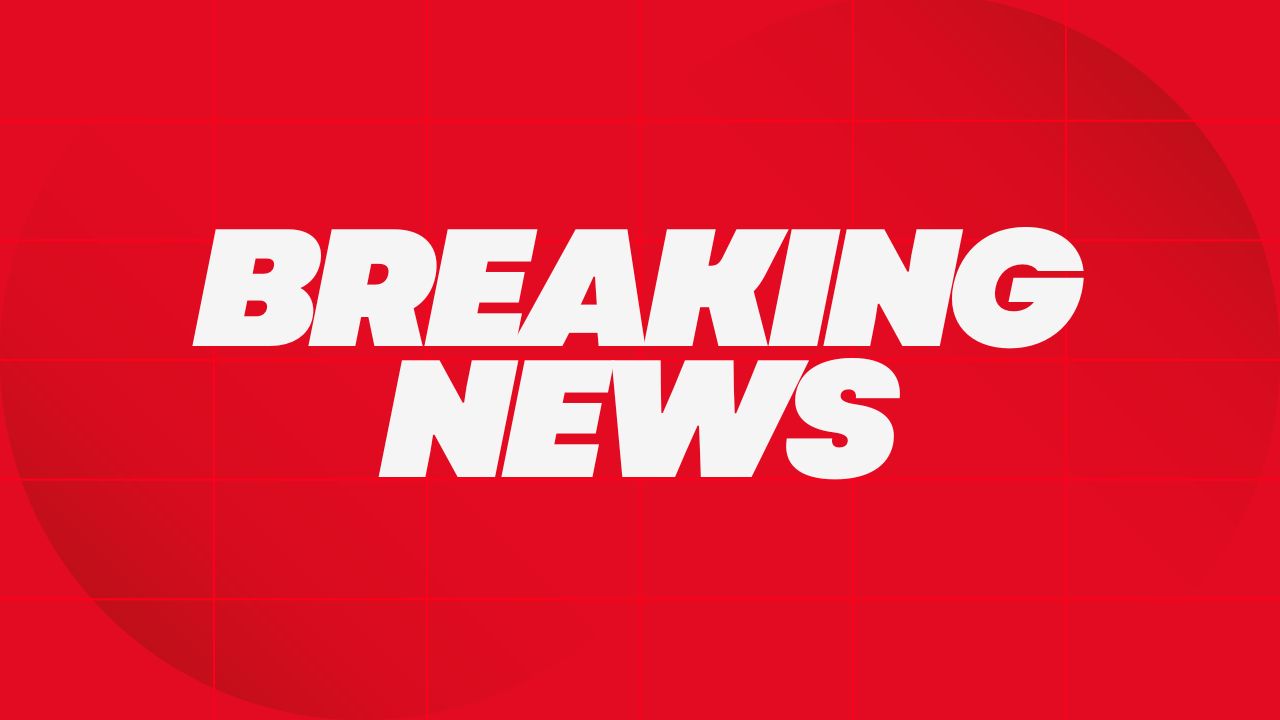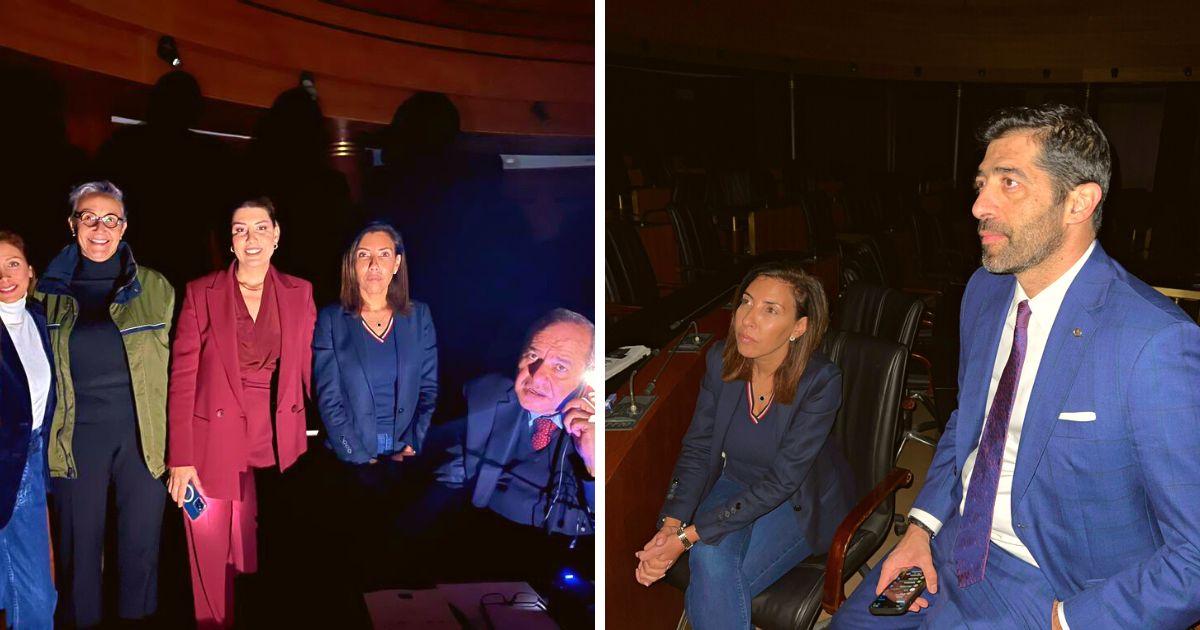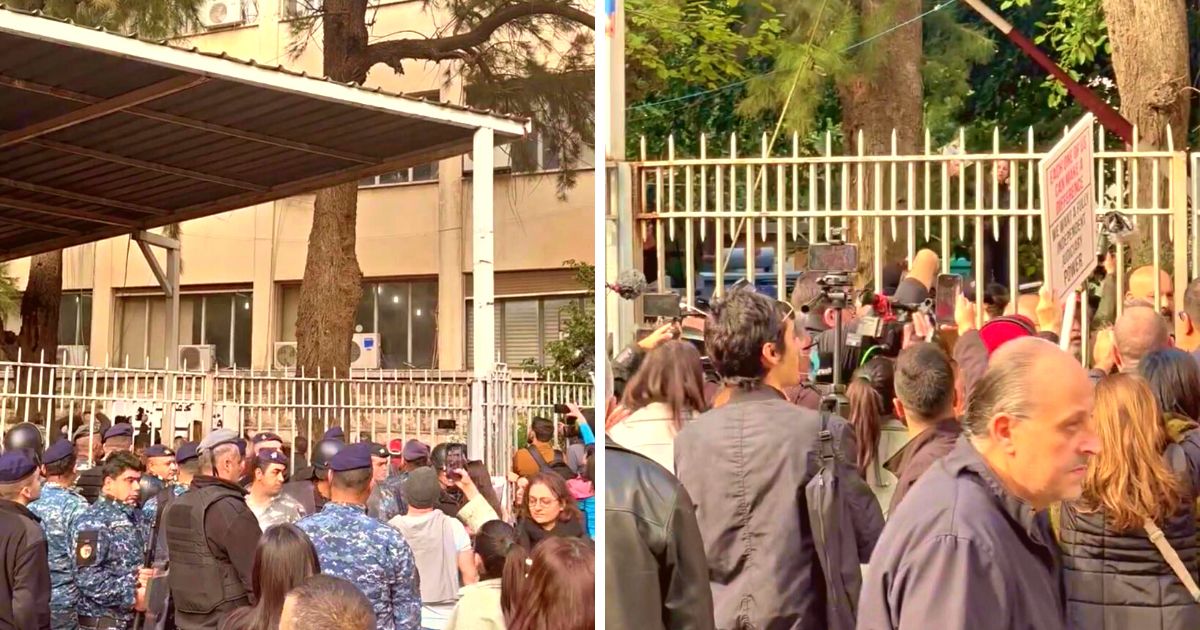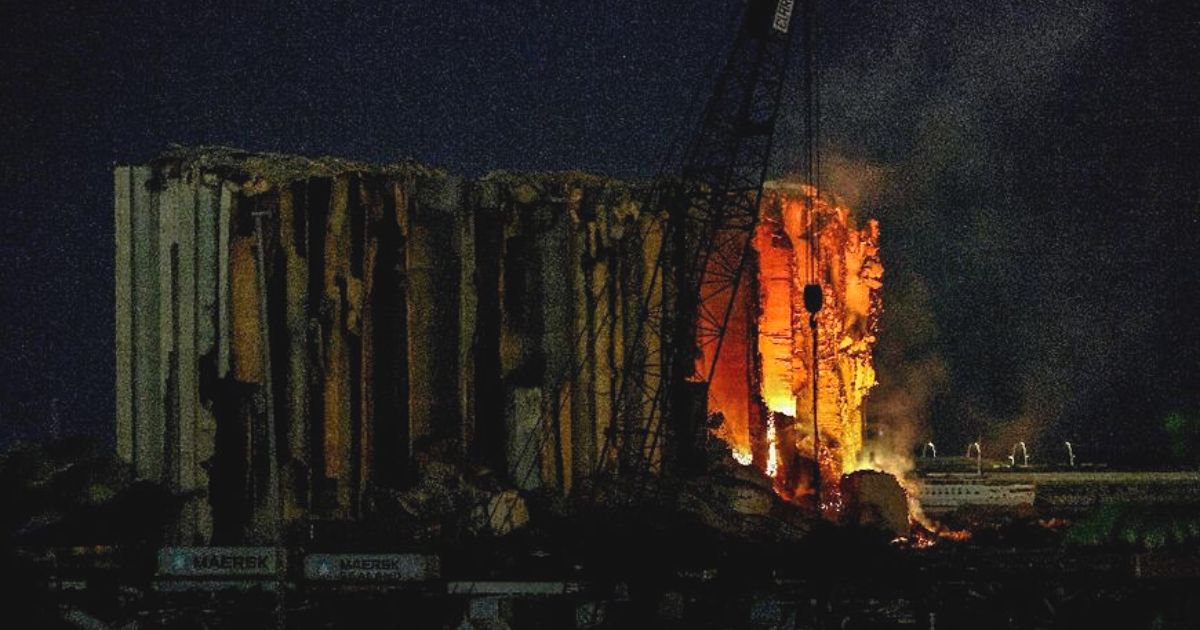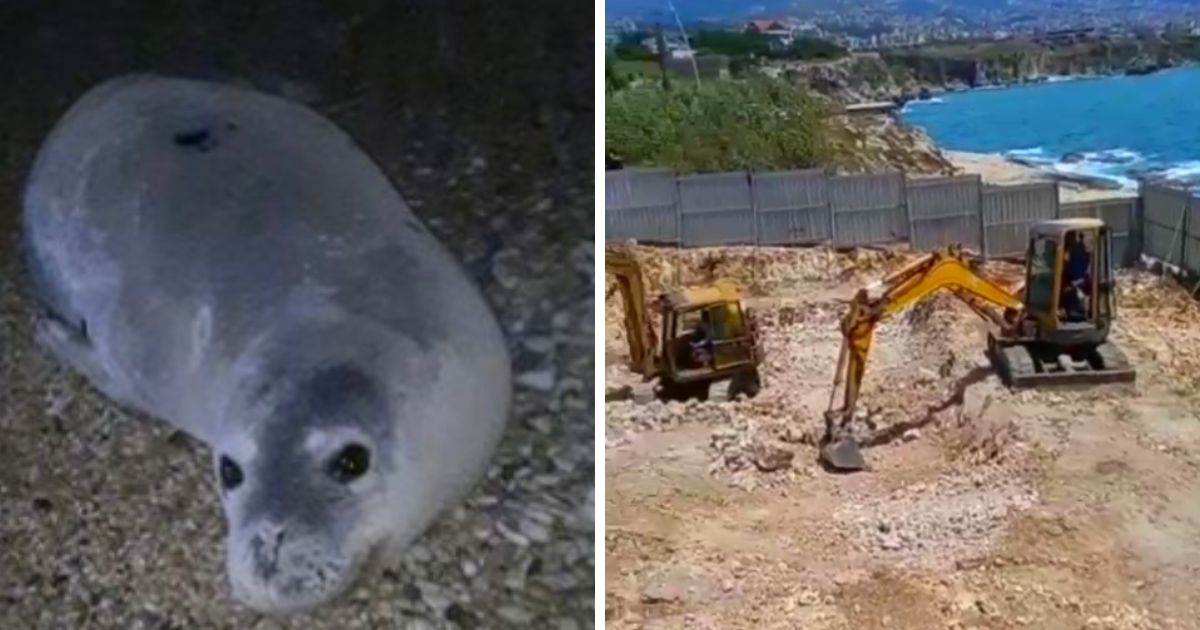The Head of the Beirut Bar Association, Melhem Khalaf, recently became the subject of a controversial trend on Twitter in Lebanon after releasing a statement denouncing the use of obscene language in protests.
“Dear Lebanese and fellow lawyers,” Khalaf began his statement, “I fully understand your pain because I’m just as pained as you are by everything that is happening in the country.”
He named “the collapse, the indifference,” and “the havoc” as causes for this pain. He asserted that he also understands people’s “righteous” anger, which shows both on social media and in the streets, and recognized that expression to be “one of the foundations of public freedoms.”
What Khalaf doesn’t concede, however, is “any transgression of this right, by the use of insults and profanity,” which he deems “completely unacceptable.”
The popular attorney finds that resorting to swearwords and profanity to protest is incompatible with “our society’s ethics” as well as illegal.
For these reasons and others, Melhem Khalaf, who is saddened by this form of expression for the fact that it “distorts the pure image of our suffering, the righteousness of our demands, and the bravery of our struggle,” urges the Lebanese to refrain from using insults to express positions and opinions.

Evidently, not all who read this “fatherly” message were warmed by it.
On Twitter, many have criticized Khalaf for varying and somewhat inconsistent reasons, ranging from condemning free speech to “protecting thugs,” and even went as far as to demand his resignation.
On the other hand, numerous Lebanese tweeters rushed to show support for his message and mentioned his many admirable efforts whereby he defended the protesters’ rights and released several who were wrongfully-detained for expressing their anti-government opinions.
As a result, two opposing hashtags rose to the top-trending list on Twitter in Lebanon, the first being #Melhem_Khalaf_leave and the supportive one being #Melhem_Khalaf.
Khalaf’s denunciation of profanity comes after Lebanese authorities began to arrest citizens who insult President Michel Aoun, last week.


